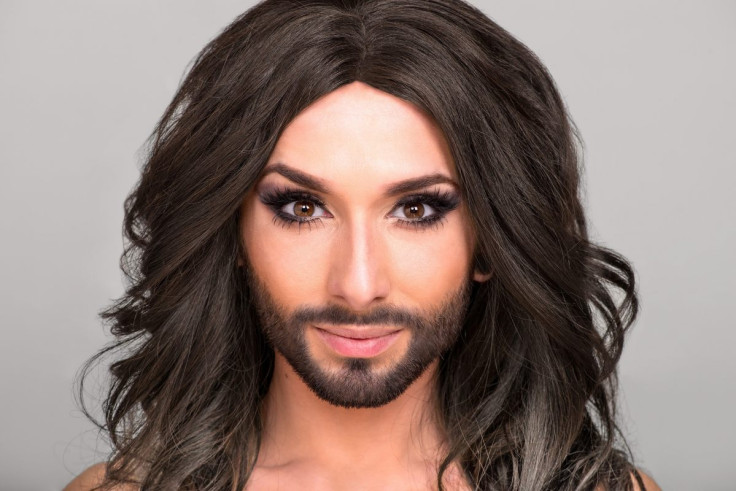Eurovision 2014: Who Should we be Watching?

The second round of the Eurovision Song Contest semi-finals will take place on Thursday to decide who will go through to Saturday's big final in Copenhagen, Denmark.
Earlier this week, the first semi-final gave viewers a taste of the flamouyant outfits and stage theatrics to come. Hungary, Montenegro, Armenia, Azerbaijan, San Marino, Sweden, The Netherlands, Iceland, Russia and Ukraine will all perform in the big finale. The latter countries are expected to deploy politically-based voting tactics, in light of the recent unrest.
The "big five" countries - the UK, France, Spain, Italy and Germany - are automatically entered into the final as they are the largest economic contributors to the competition.
The current favourites include Armenia's Aran Mp3, Sweden's Sanna Nielsen and the Hungarian entry, Running by Andras Kallay-Saunders. Molly Smitten-Downes, the UK's entry, is also tipped to do well, with current odds of 6/1.
But which weird and wonderful acts should we be watching out for in this year's final?
Austria: Rise Like a Phoenix by Conchita Wurst
Wurst is the stage name of Thomas Neuwirth, who won second place in a major Austrian television talent show in 2007. Now performing in drag, Wurst has ambitions to win an Emmy one day, promising to do his country proud.
Wurst has faced a considerable anti-transgender and homophobic backlash since Austria's state broadcaster announced they would be sending a transvestite to perform at the competition.
He has faced criticism from Russia and Belarus and in particular, from Vitaly Milonov, a Russian politician who was influential in passing the country's anti-gay propaganda law. As reported in the Guardian, he wrote in a letter: "The participation of the obvious transvestite and hermaphrodite Conchita Wurst on the same stage as Russian singers on live television is blatant propaganda of homosexuality and spiritual decay."
UK: Children of the Universe by Molly Smitten-Downes
Smitten-Downes was spotted on the BBC Introducing website, while she was working in a shop to fund her music career. So far, she has had a positive reaction to her power ballad and supporters have suggested she will do better than Britain's previous contender Engelbert Humperdinck, who came 25th out of 26 contestants in 2012. Molly is currently the third favourite to win with her self-written song: "I'm so excited for everyone to hear Children of The Universe."
Poland: My Słowianie (We Are Slavic) by Donatan & Cleo
Singer Cleo and Donatan, a producer, had a top 10 hit in Poland when they released My Słowianie in October 2013, and the duo have recorded an English version for this year's Eurovision.
The original video has been watched over 40 million times so far, with its raunchy content and women in "traditional" costumes. Donatan has worked on over 50 albums in Poland, several of which have gone gold or platinum.
Iceland: No Prejudice by Pollaponk
Pollaponk have previously been big-hitters with both adults and children in their native Iceland, with their vibrant retro outfits and catchy name. The founding members, Haraldur Freyr Gislason and Heidar Orn Kristjansson, used to be in a post-punk band called Botnledja, but formed Pollaponk in 2006.
No Prejudice is about a young person who has a speech impediment and is afraid of being teased or bullied.
Armenia: Not Alone by Aram Mp3
Aram Mp3 is the current favourite to win with his track Not Alone, a ballad with a smattering of dubstep.
According to Aram, he was "healed" by music after suffering from breathing difficulties as a child. His parents encouraged him to join a choir after a doctor advised him to try singing, which improved his condition.
France: The Moustache by Twin Twin
It wouldn't be Eurovision without a gimmick song - provided this year by France, whose hipster representatives claim their dance tune is "the story of a man who already has everything, but who still wants a moustache".
The trio said the message of the song is to represent an age of overconsumption and constant pleasure. France last won Eurovision in 1977, which was their fifth victory overall.
© Copyright IBTimes 2024. All rights reserved.






